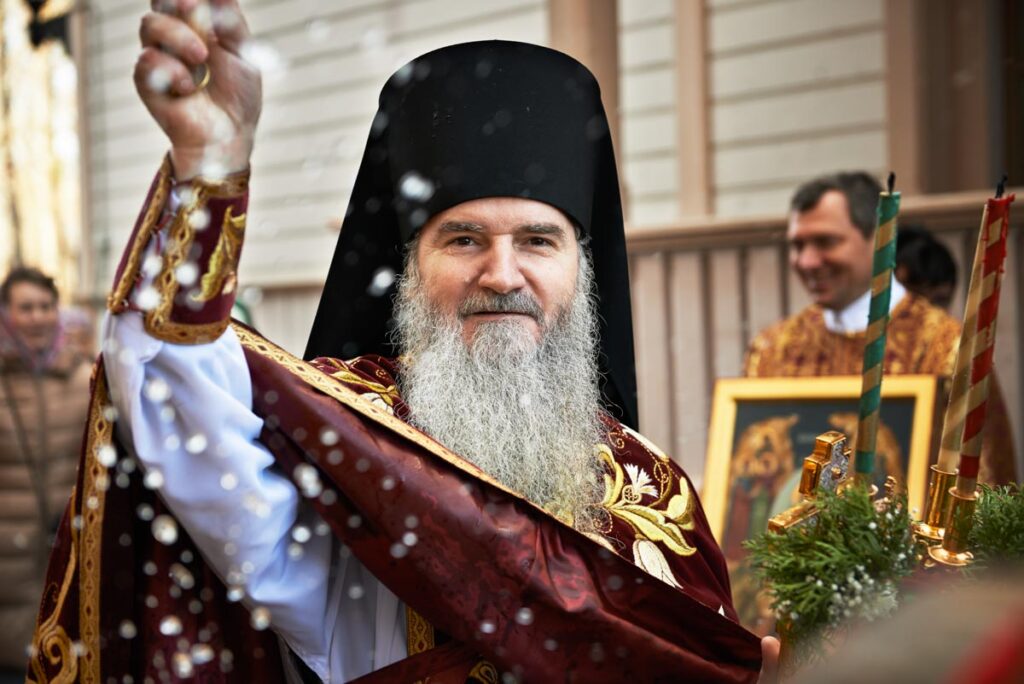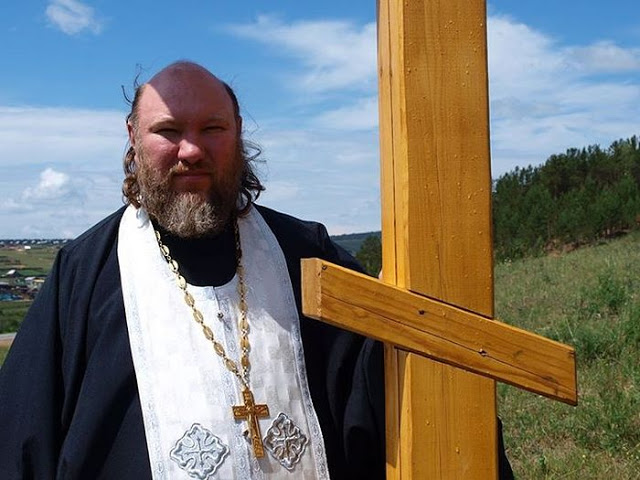
In the early modern and modern ages, there is one common view of God that has taken precedence in philosophy and in culture in general. It is one in which God is seen as nothing more than a Moral Absolute. The expectations of this kind of God are limited only to man’s moral behaviour. Worshipping Him means showing love, but not fear or trepidation. Some famous proponents of this view include the German philosopher Immanuel Kant, and the Russian author Leo Tolstoy. They would reject as superstition any notion of fear of God and any form of His ritual worship. Moreover, they would condemn them as an assault on human dignity and the denial of their freedom. God is not so severe or revengeful, they would say, as to create fear and trembling in His people. Anyone who follows God’s commandment of love for others automatically adheres to all the other teachings of God. God may not demand or expect anything more than this, as this would make him neither good nor merciful.
Certainly, this perception of God flatters the human mind. By the turn of the 21st century, man has created a wealthy and powerful civilisation. Yet his life has become to busy to remember about God all of the time. Comfort and pleasure have become one of his main pursuits. Living with a loving God is easy, as love is pleasant and tangible. Fear is not – it is unpalatable, unpleasant and plain uncomfortable.
Yet the Scripture says: “The fear of the Lord is the beginning of wisdom” (Psalm 111:10). One begins to advance towards wisdom by acknowledging the unrivalled greatness and power of God and by recognising the vastness of His capabilities by comparison with the human ones. Any human claim to self-sufficiency is dwarfed by the Gospel’s truth of God, who “out of these stones can raise up children for Abraham”. It is because of these incommensurate capabilities that man should fear God and revere Him.
Ultimately, it will be God’s decision who is saved and who is not. Only God has the ultimate and fearsome power to forgive and to punish. Man must treat God with fear and trembling in the face of His formidable power. Apostle Paul taught: “continue to work out your salvation with fear and trembling” (Philippians 2:12).
The idea of God’s supremacy is expressed in one of His titles – the Lord. It is equally applicable to the Holy Trinity and each Divine Person. In ancient Greek, this meaning was expressed by the word ὁ κύριος (Kyrios). It is translated into Russian as master, guardian, ruler, or owner. Remarkably, in Greek, it is related to the word τό κῦρος (Kyros), translated as power or rule. Indeed, the Lord is the One Who has genuine power and guardianship. To refer to God as our Lord is to acknowledge His power and His might.
In our age of freedoms and liberties, this acknowledgement may seem out of place. Yet perhaps it could become the first step to our genuine freedom. For it is said that someone who fears God does has no fear for other people.
Translated by The Catalogue of Good Deeds
Source: https://foma.ru/bog-gospod-imeyushhij-silu-i-vlast.html




